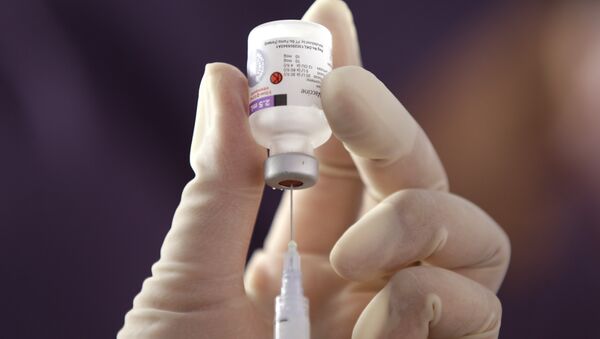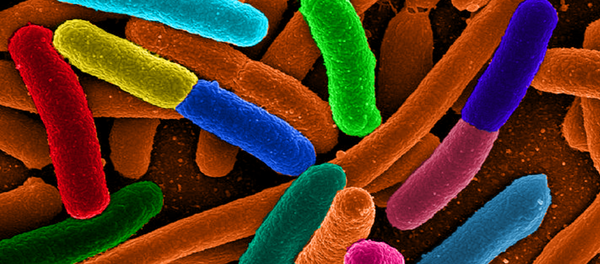“There are very few new agents to counteract the rising number of infections by resistant bacteria. Finding the right compound is very difficult and it is also very costly to the pharmaceutical industry,” Ingrid Smith, an expert in antimicrobial resistance at the World Health Organization, said.
When asked if the development of new antibiotics will be enough to deal with this problem, she said that because only one in 15 compounds can be effective, specialists have to research many compounds before they have the one they can use for treatment.
She added that all governments have agreed on an action plan to promote the development of new antibiotics and vaccines.
“Now we need to see the money put on the table for the survival of tomorrow's patients" she emphasized.
She mentioned “the huge disease burden,” that especially plagues medium- and low-income countries.
“We need to develop new antibiotics but we also need to vaccinate our populations. There are vaccines that make the use of antibiotics unnecessary. We also need better sanitation and hygien, toilets and bathrooms where people can wash their hands properly.”
Ingrid Smith mentioned tuberculosis as one of the most rapidly rising diseases where it comes to resistance.
Dr. Smith also warned against the use of antibiotics against viral infections because they simply do not work in such cases.
The WHO has warned that nearly 10 million people could succumb to drug-resistant infections by 2050 unless a new class of antibiotics is developed on an urgent basis.
Nearly 700,000 people die annually due to drug-resistant infections, including malaria, HIV and tuberculosis.




